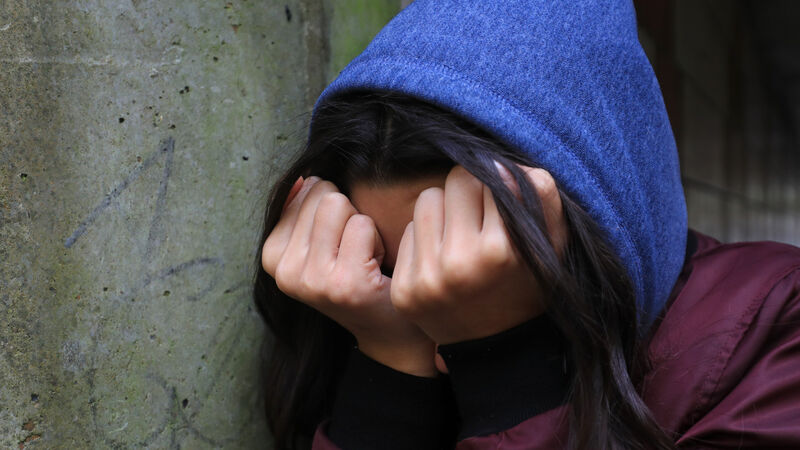Children with disabilities are up to three times more likely to be bullied

International research shows that children with disabilities are up to three times more likely to be bullied, and up six times more likely to experience violence or abuse than their peers. File picture: Gareth Fuller/PA Wire
Addressing the negative attitudes towards children with disabilities must form part of the response to tackling bullying among young people.
That is according to Inclusion Ireland, which addressed the Oireachtas Education Committee at a meeting on Tuesday in which it continued its discussions on school bullying and its impact on mental health.










